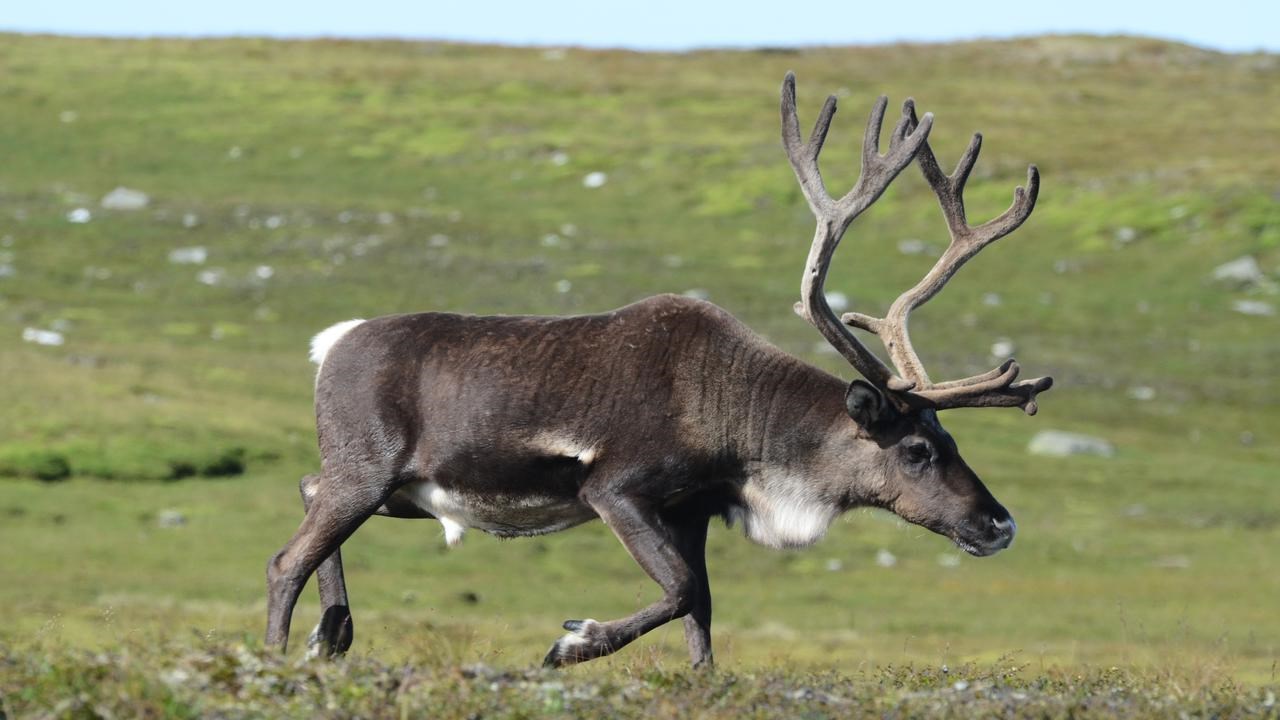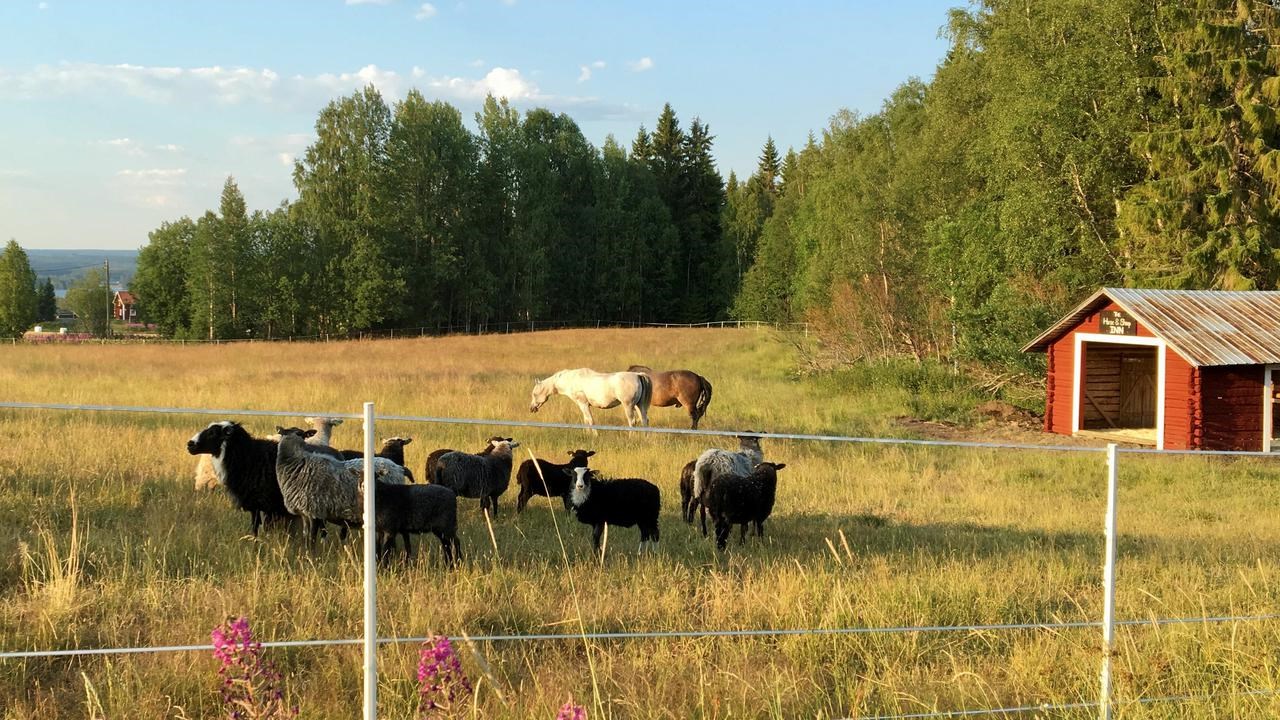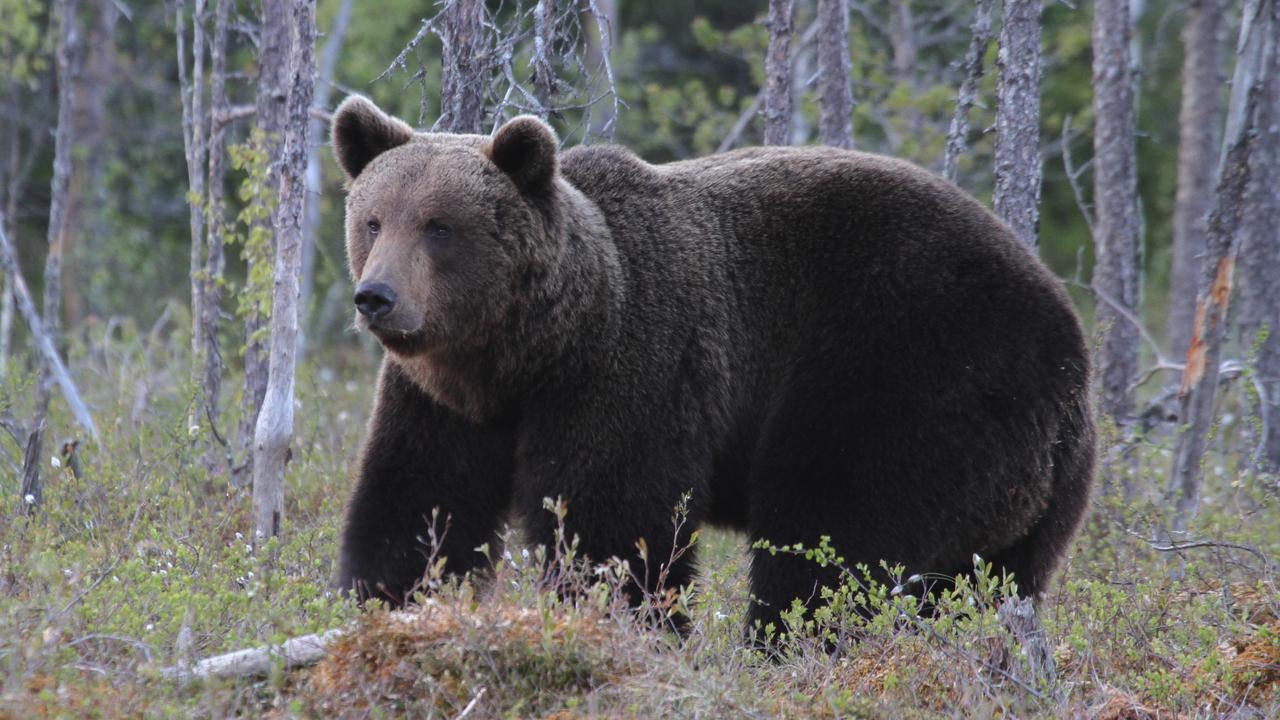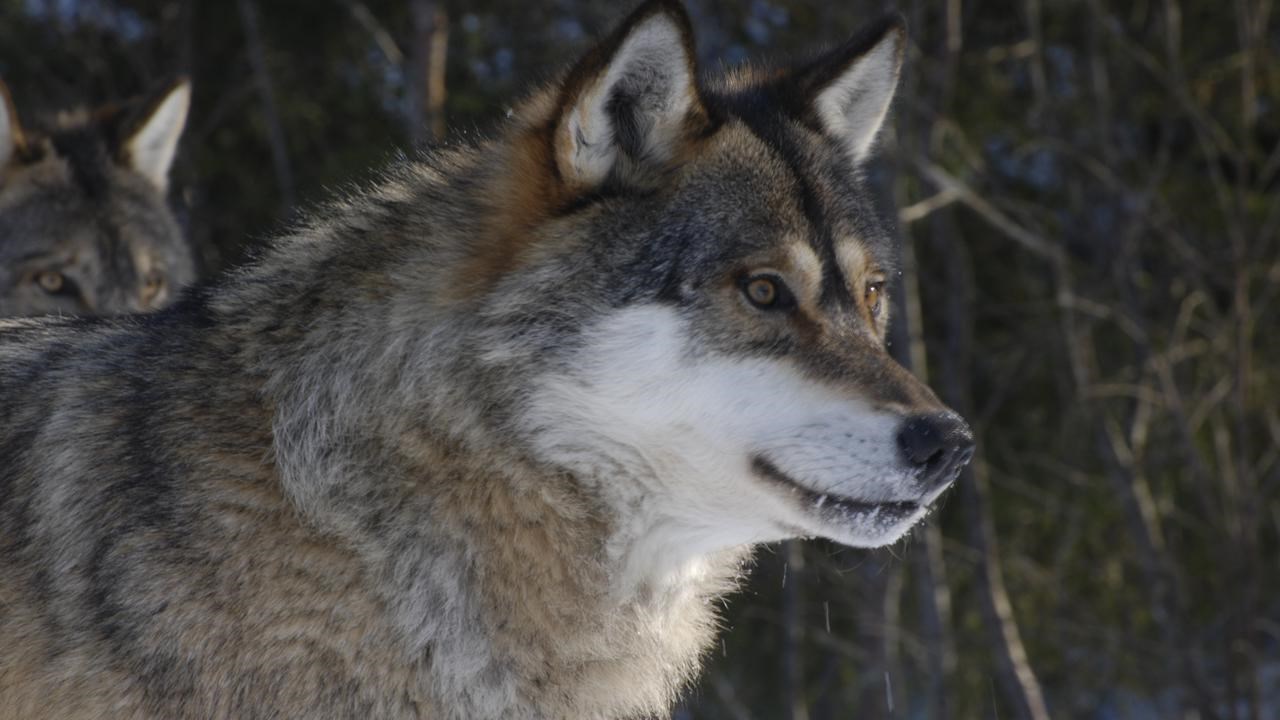Contact Information:
Auvikki de Boon, Postdoctoral fellow, Umeå University, auvikki.de.boon@umu.se
Katrina Marsden, Senior Manager Biodiversity, adelphi research gGmbH, info@coco.eu
Stay connected with the CoCo project through the CoCo website and sign up to the project newsletter https://cocoproject.eu/events-and-news. Follow partner social media channels and the project on linked-in https://www.linkedin.com/company/cocreating-coexistence/. Use the hashtags #CoCoProject, #Cocreation, #SustainableLandscapes, and #Biodiversity to share your thoughts and insights.






